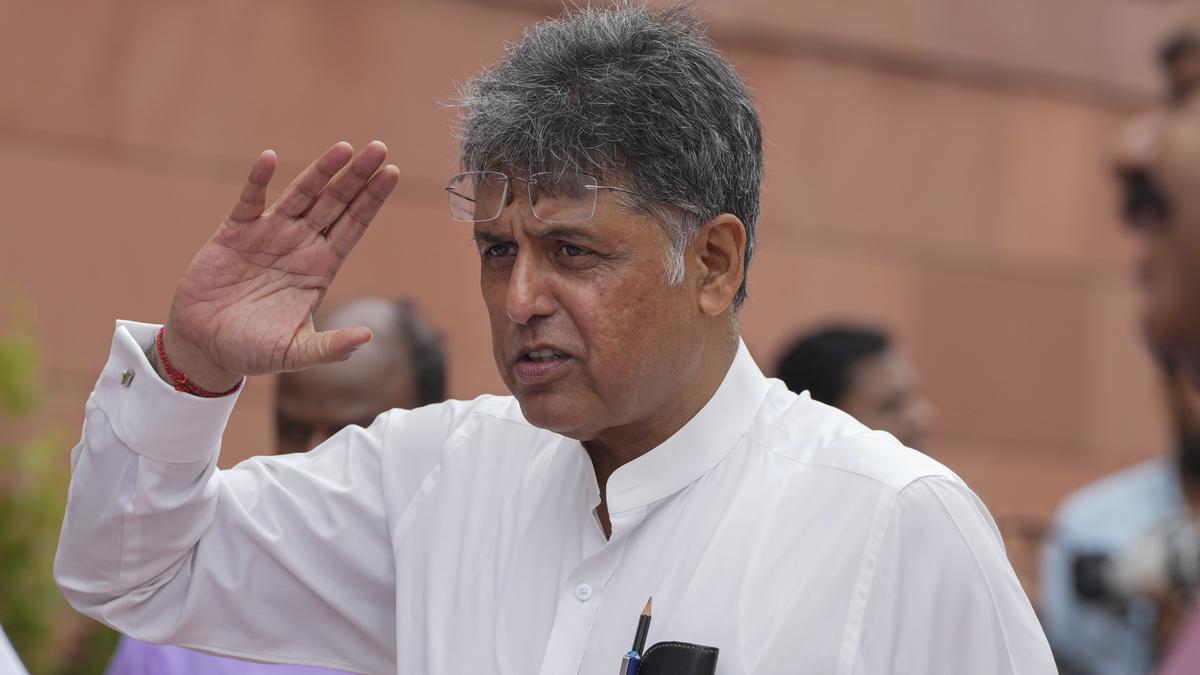ARTICLE AD BOX

Princeton University has announced it will fully cover the cost of attendance for most students from families earning up to $150,000 a year. The announcement marks the most significant expansion of the university’s financial aid policy since 2023, setting a new benchmark for affordability at one of the world’s most prestigious institutions. The scale of change is substantial. Families earning up to $250,000 annually will no longer pay tuition, part of a $327 million financial aid budget for the upcoming academic year. According to The Daily Princetonian, this represents a $44 million increase from last year’s allocation. Until now, the full-aid threshold stood at $100,000, meaning the new limits will bring thousands more into the fold of tuition-free education.A move shaped by both generosity and pressure While the policy is framed as a bold step towards accessibility, it also unfolds against a complex backdrop. As reported by The Daily Princetonian, Princeton has asked departments to prepare for budget cuts of 5 to 10%, citing the potential for layoffs. The financial strain is compounded by a federal policy shift: the One Big Beautiful Bill Act, passed by Congress in July, imposes an 8% tax on large university endowments starting in 2026.
Institutions with fewer than 3,000 tuition-paying students will be exempt, a detail that could intersect significantly with Princeton’s new aid model. Provost Jennifer Rexford, Class of 1991, described the expansion as part of Princeton’s long-standing commitment to equity. “Through our increased investment in financial aid, we are making the transformative experience of a Princeton education more affordable for more students than ever,” she said in the university's announcement.
The sentiment aligns with the university’s reputation for maintaining one of the most generous aid programs in the country.
A shifting student profile
The expansion also reflects Princeton’s changing student demographics. Annual Frosh Surveys cited by The Daily Princetonian show that roughly 69% of the Class of 2028, 65% of the Class of 2027, and 63% of the Class of 2026 come from households earning under $250,000. Under the new policy, nearly all of these students would have been eligible for full tuition coverage. The graduate population tells its own story. All PhD candidates already attend tuition-free, as do master’s students in the School of Public and International Affairs. Other master’s programs, with smaller enrolments of around 200 students last year, have separate aid frameworks. This layered approach signals that while undergraduates remain the primary focus of the new policy, the broader Princeton community is not excluded from tuition relief.Impact beyond the numbers The university’s press release, highlighted another milestone: Pell Grant recipients will make up 25% of the incoming Class of 2029, the highest proportion in Princeton’s history. For many of these students, the elimination of tuition costs does more than reduce financial burden; it removes a psychological barrier that often deters talented applicants from lower- and middle-income backgrounds. Yet the generosity comes with fiscal realities. About 70% of Princeton’s aid budget is funded through endowment payouts, and the forthcoming federal tax could reshape that equation. The decision to expand eligibility now, as The Daily Princetonian notes, might influence the university’s future position under the new exemption rule tied to tuition-paying student numbers.Looking ahead For students admitted under the revised policy, the change is transformative.
It shifts the conversation from whether they can afford to attend to how they will make the most of their time on campus. For the institution, it reinforces Princeton’s image as both an elite and accessible university, even in a climate where higher education finances are under scrutiny.The expanded aid is about more than numbers on a spreadsheet, it is about sustaining a community where ability and ambition matter more than income. For the Class of 2029 and beyond, that message may be as valuable as the aid itself.TOI Education is on WhatsApp now. Follow us here.



.png)
.png)
.png)
















 2 hours ago
3
2 hours ago
3









 English (US) ·
English (US) ·